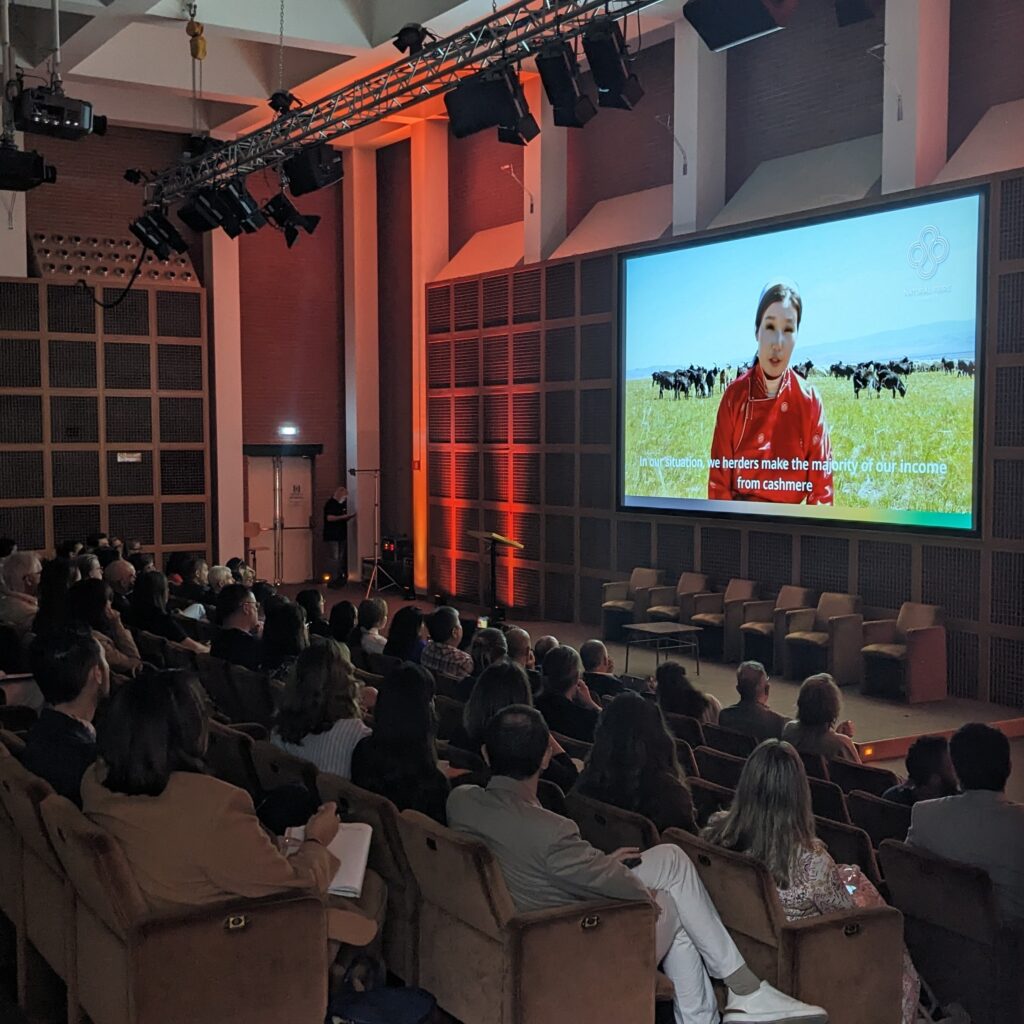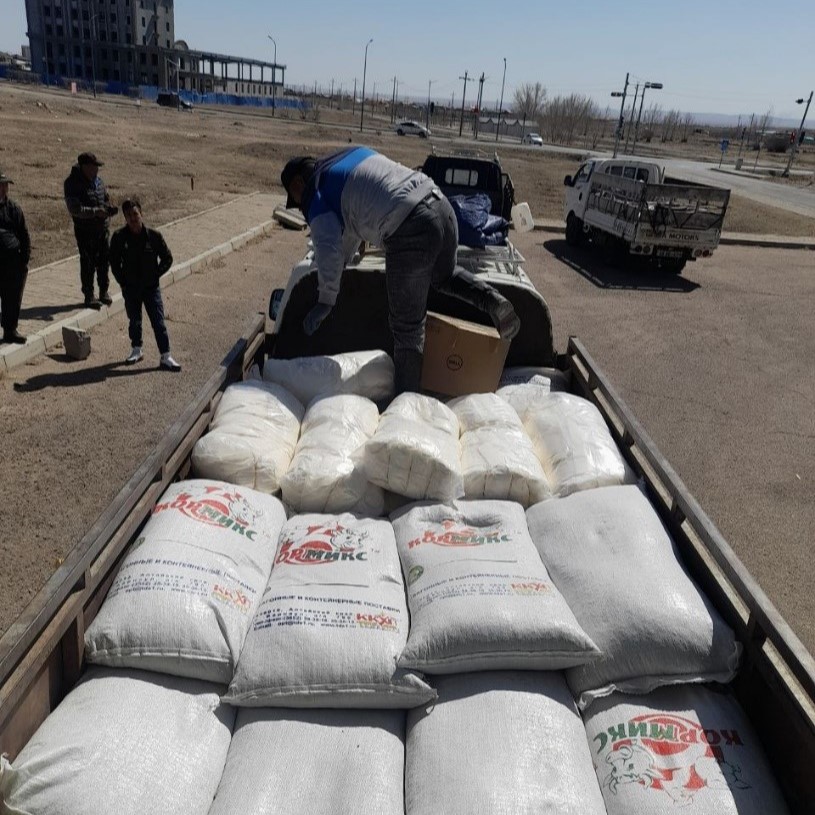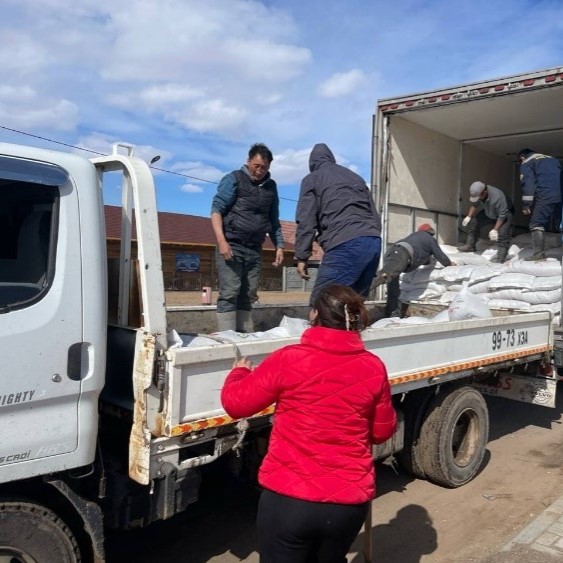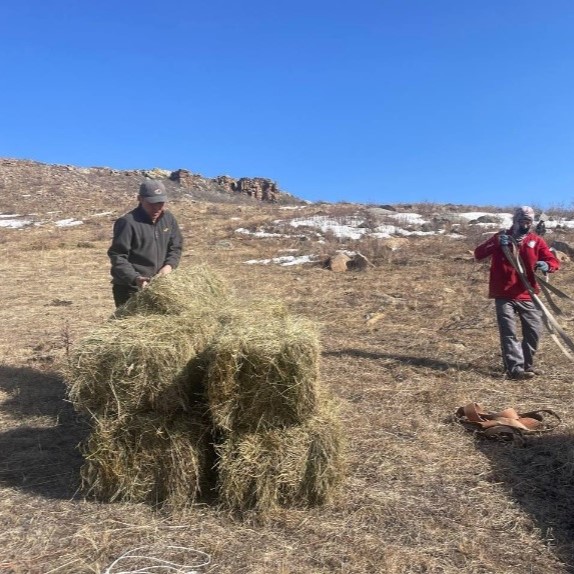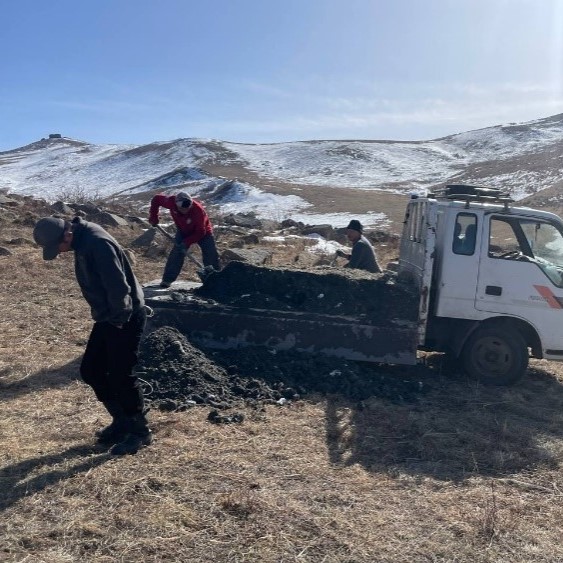The Promotion of Sustainable Landscapes and Biodiversity Conservation in the Eastern Steppe of Mongolia’s Drylands Project – or Eastern Steppe Project – has begun implementation in nine soums within the provinces of Dornod, Khentii and Sukhbaatar in Mongolia, starting in 2021 and continuing throughout 2025.
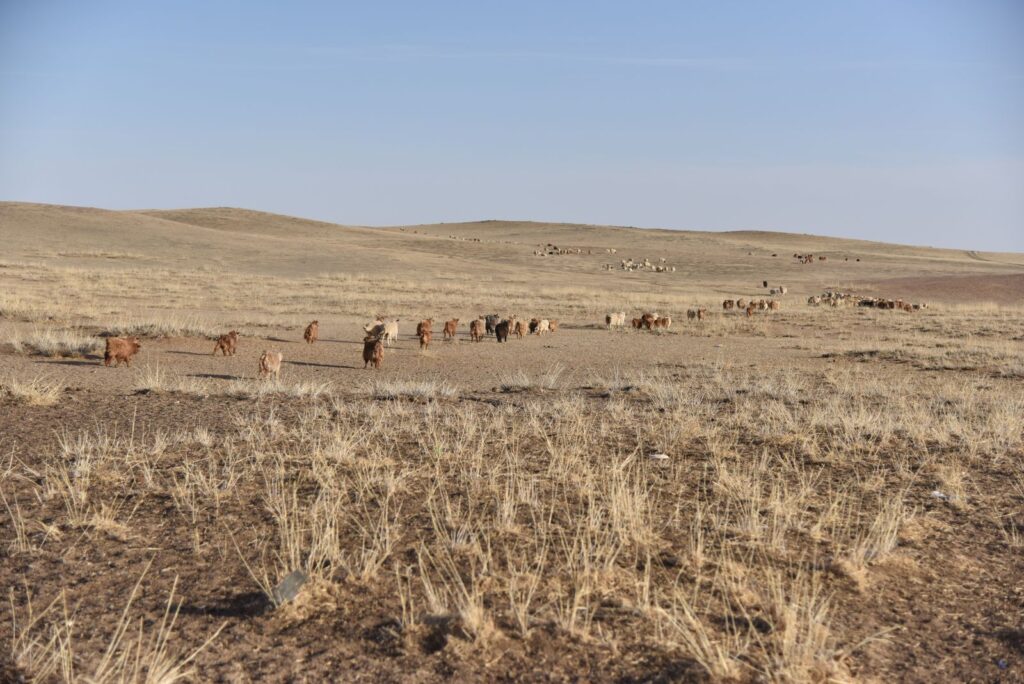
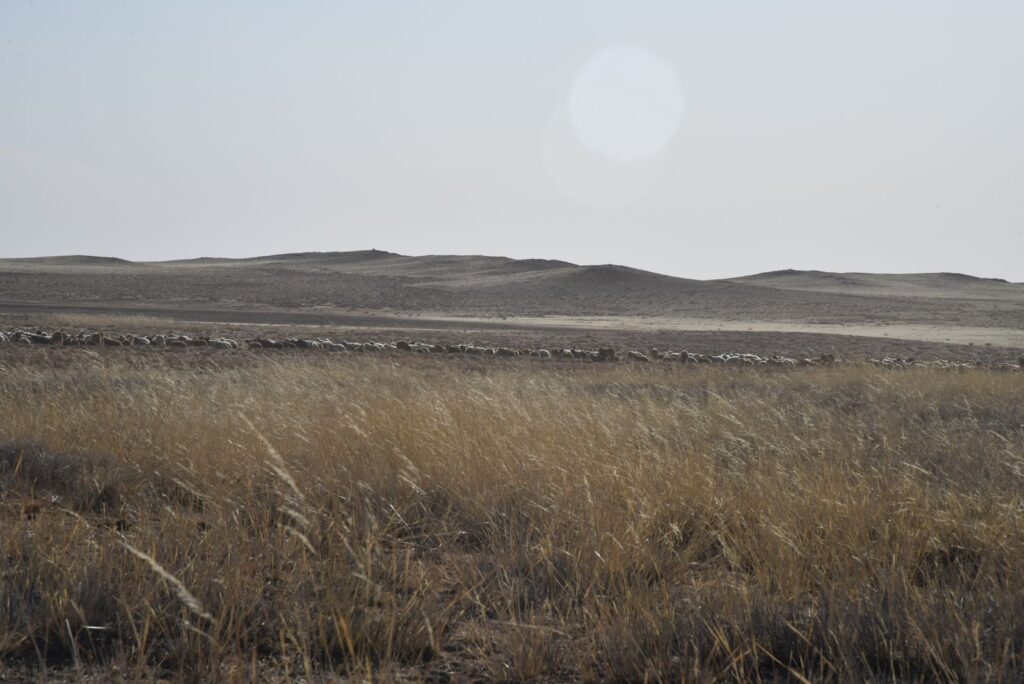
Funded by the Global Environment Facility (GEF) and in collaboration with the Ministry of Environment and Tourism of Mongolia (MET), World Wildlife Fund (WWF), and the Food & Agriculture Organization of the United Nations (FOA), the project aims to contribute to the protection of the fragile ecosystem of the drylands and support the livelihoods and resilience of herder communities in the Eastern Steppe of Mongolia.
Within the scope of the second component of the Project, the SFA are co-implementing the sub-project of the Development of Environmentally Friendly Animal Husbandry by Introducing SFA Certifying, Tracing, & Sorting Systems, supporting partnerships between herder groups and cooperatives, local government, and the private sector, to develop value chains and create access to markets for sustainably produced agricultural products.
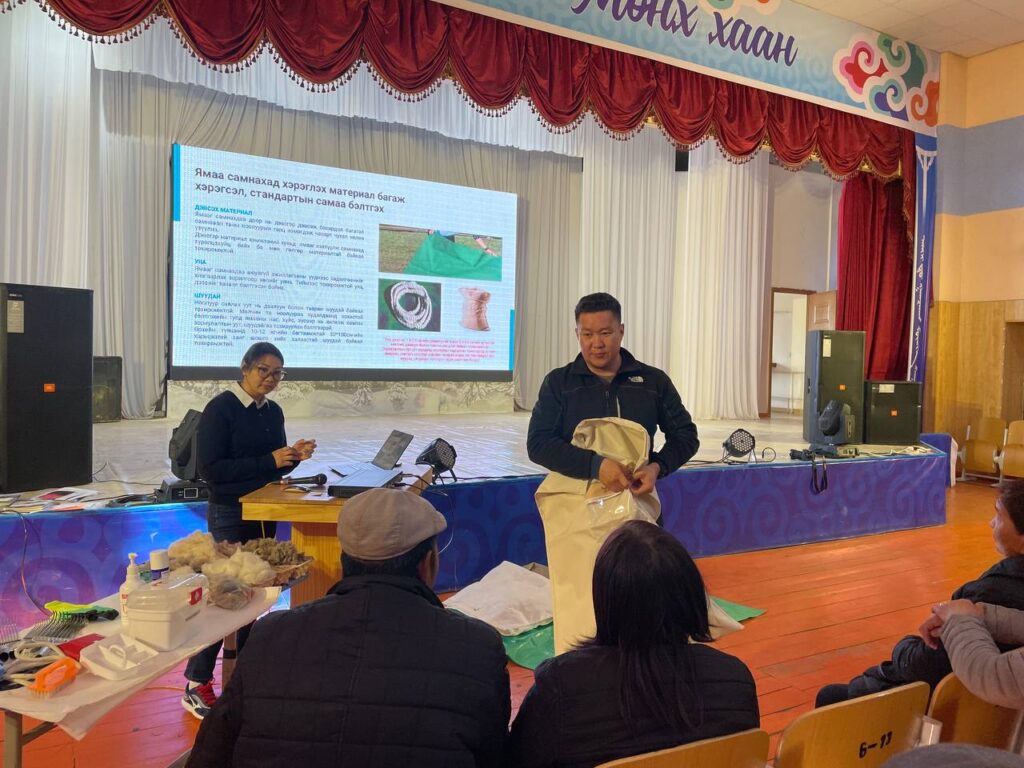
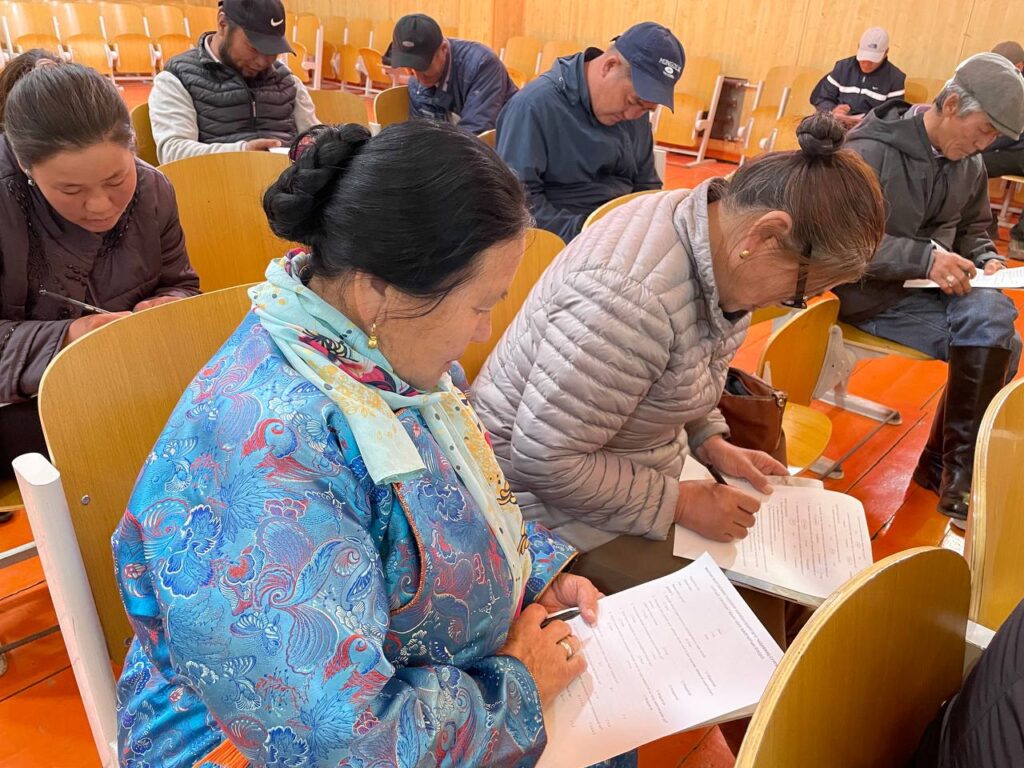
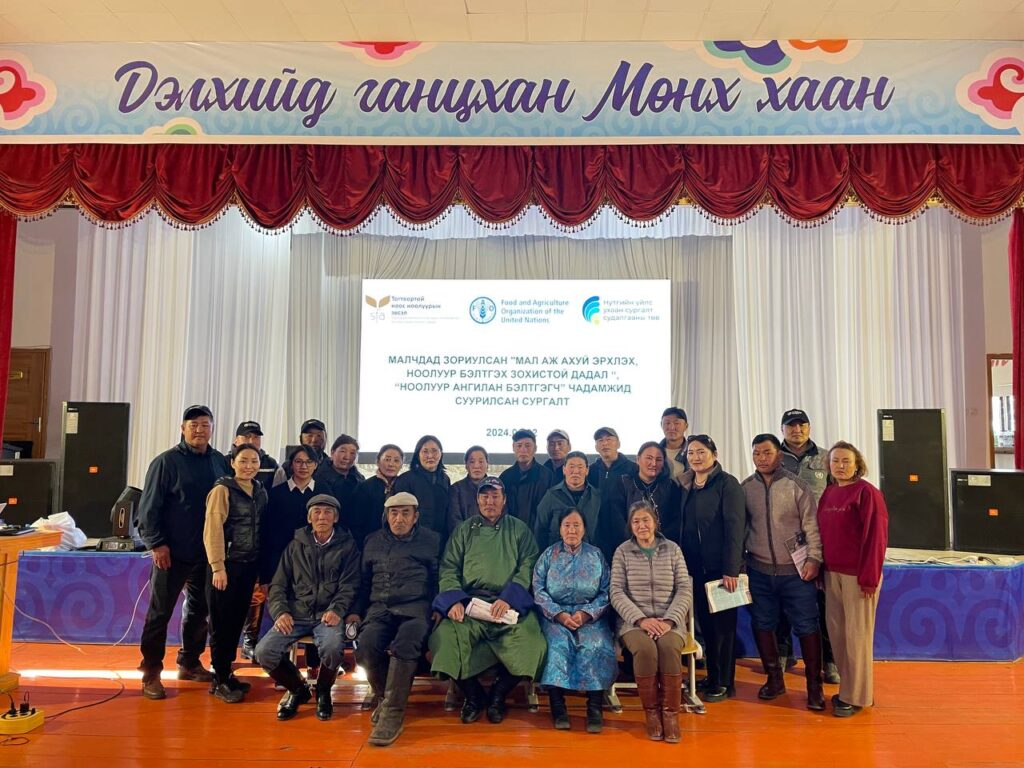
The Project carried out Animal Husbandry & Cashmere Fibre Harvesting Code of Practice and Cashmere Sorter competency-based training sessions for herders of cooperatives in Dornod and Sukhbaatar provinces on the 22nd and 23rd of April 2024.
In the scope of the Eastern Steppe Project, the SFA provided training in the Munk-Khaan soum, in the Sukhbaatar province, on the 22nd of April 2024. Over 30 herders of the Ashid-Munkh Bayan cooperative joined the training session where they learnt how to produce primary-sorted cashmere fibre at the household level, as well as understand the requirements for implementing the SFA Animal Husbandry and SFA Cashmere Fibre Harvesting Codes of Practice.
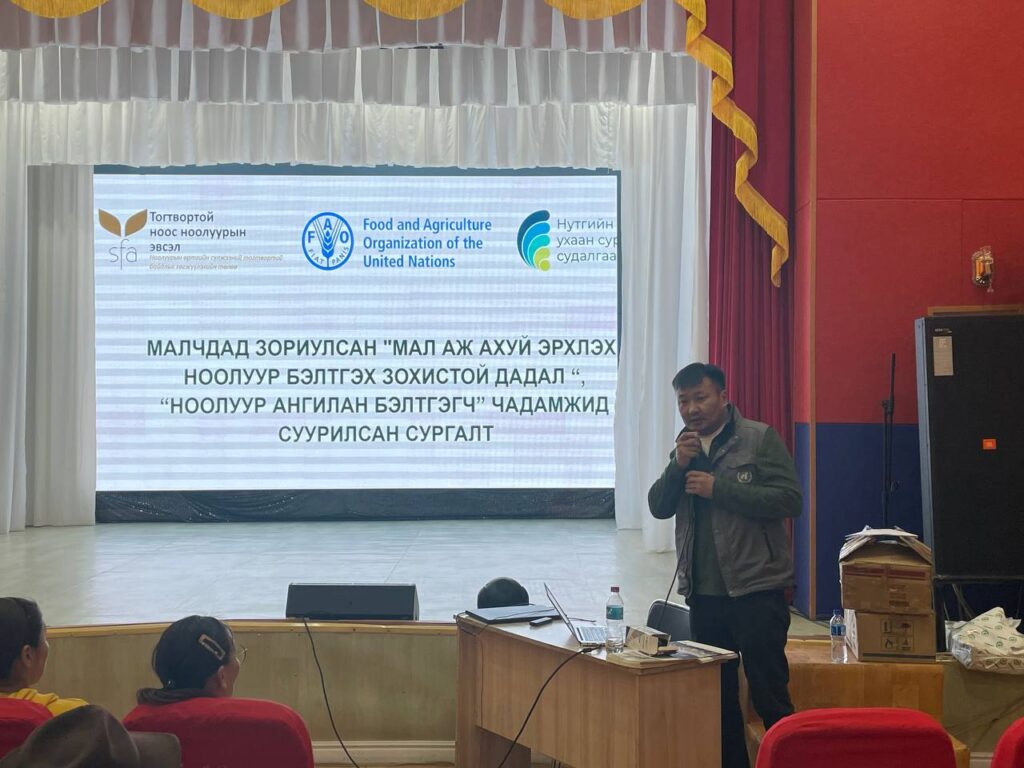
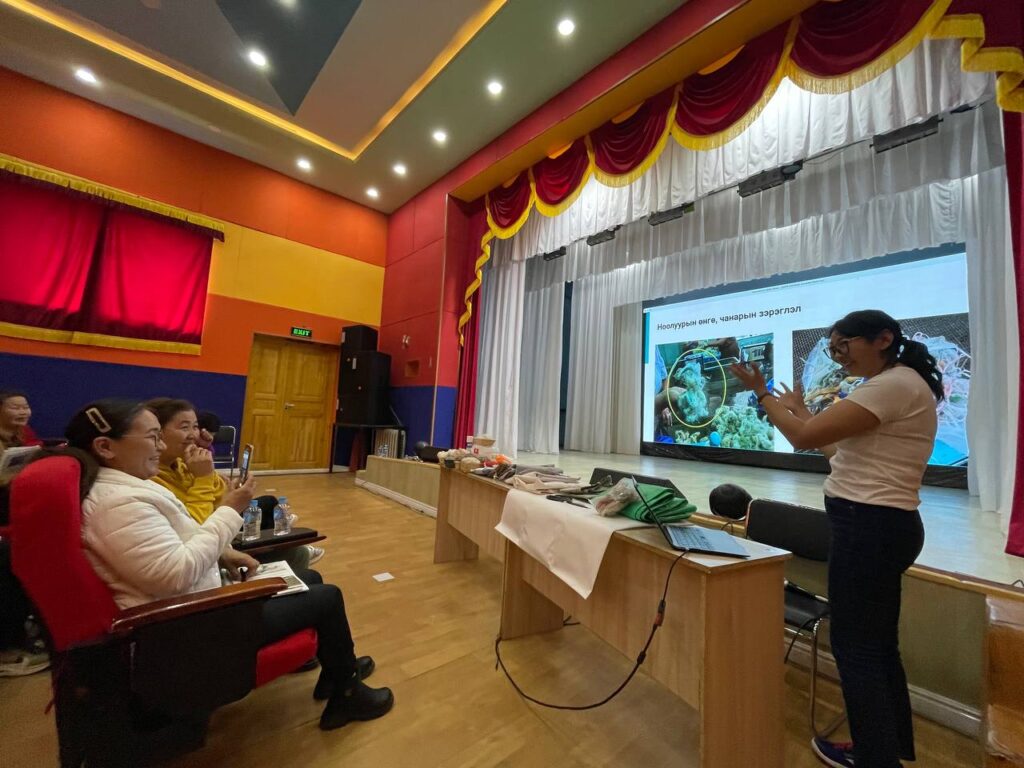
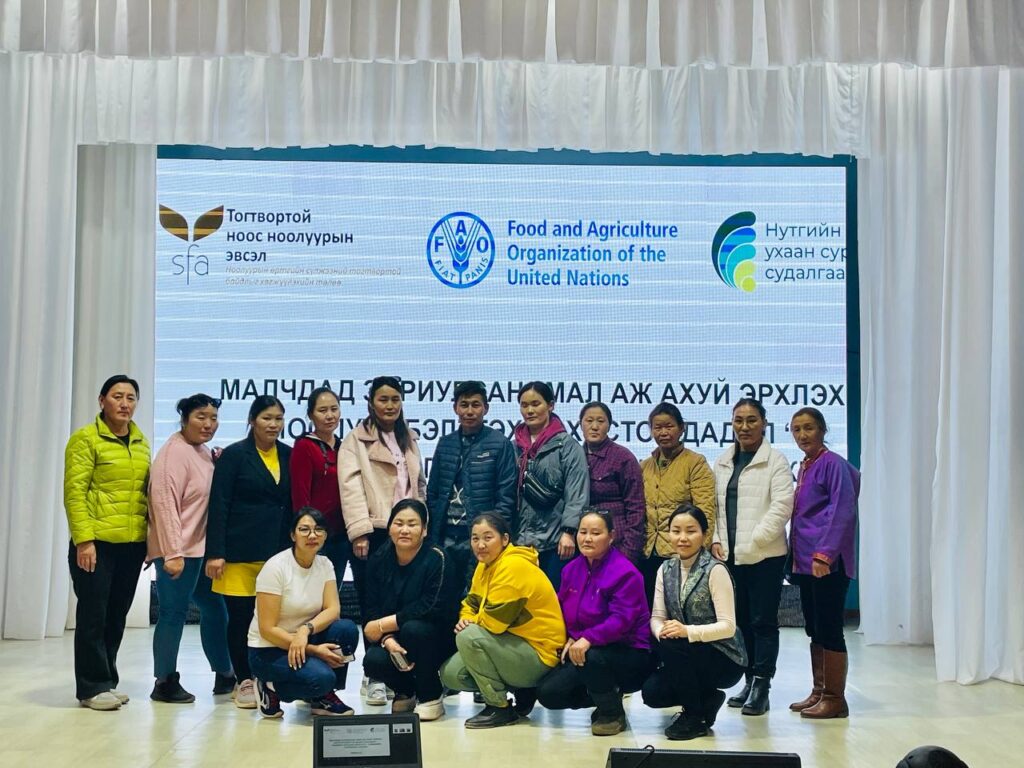
The same training session was provided in the Sukhbaatar soum, in the Sukhbaatar province, and the Matad soum, in the Dornod province, on the 23rd of April 2024, to around 40 herders of the Davsan-Ukhaa and Tenuun-Darkhan cooperatives, supporting and enhancing their knowledge.
The SFA Mongolia team provided further training sessions to the Uulbayan soum, in the Sukhbaatar province, on the 25th of April 2024 and will continue to share and spread the knowledge and information to more herding communities.
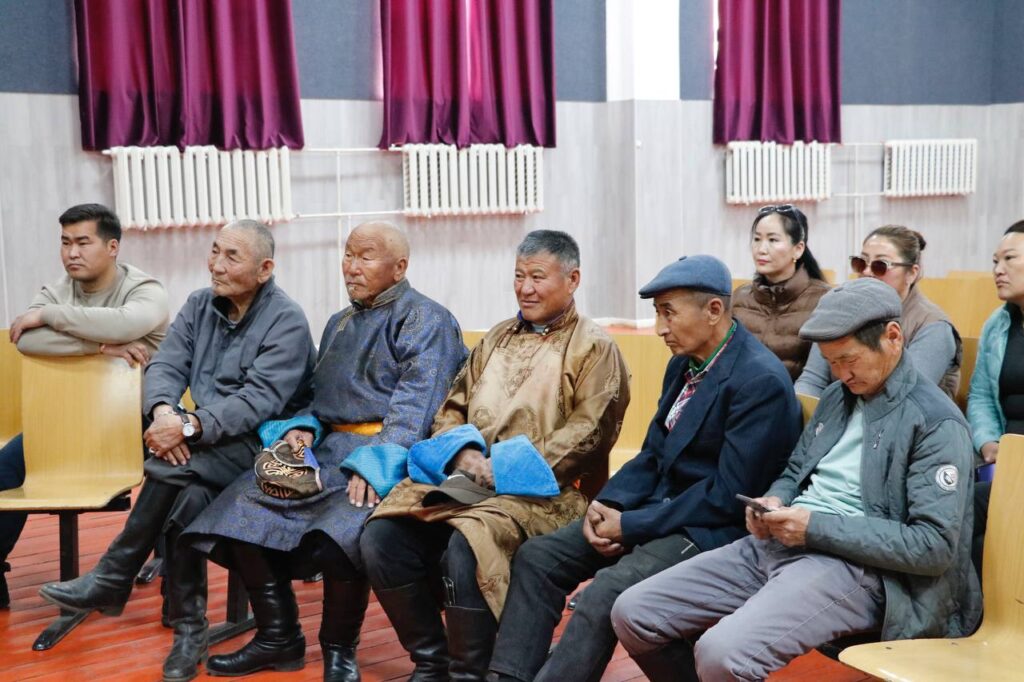
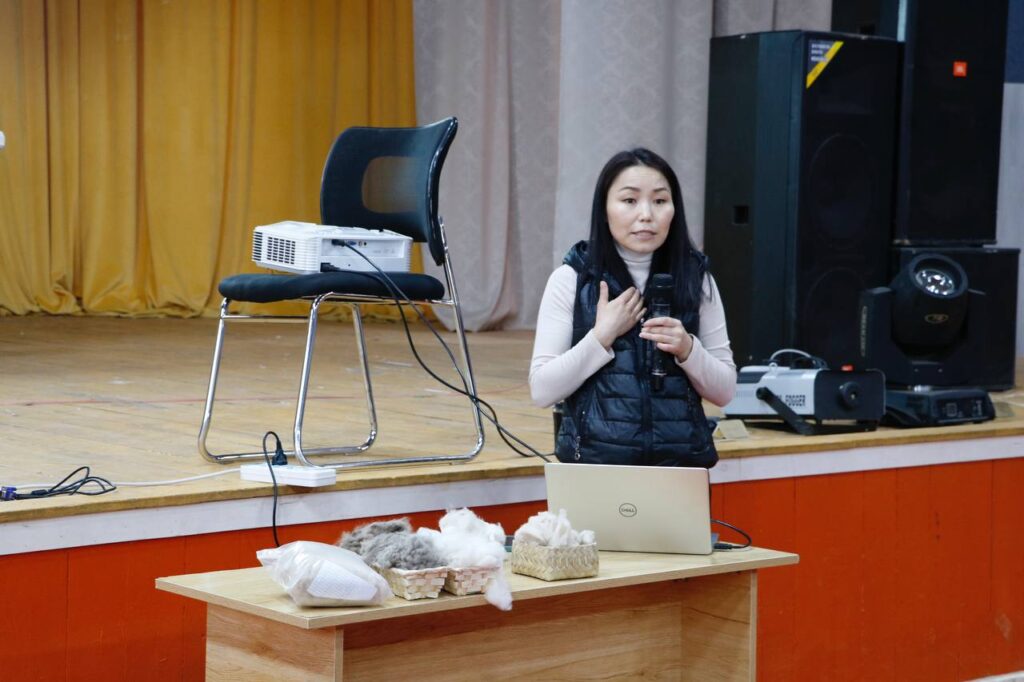
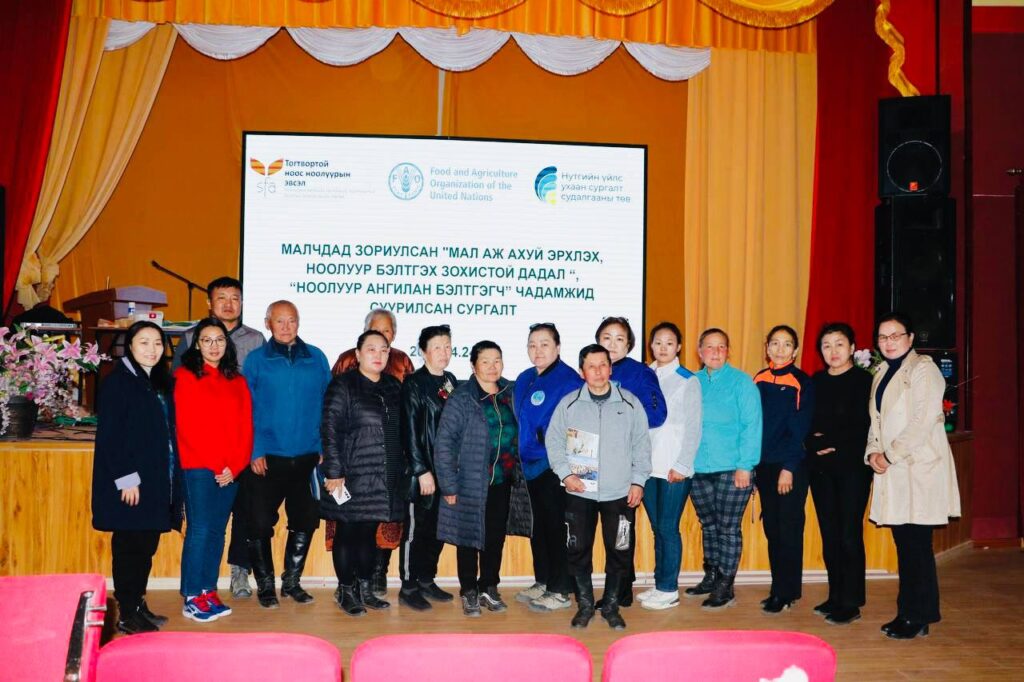

Translated by Tamir Bud
SFA COMMUNICATIONS OFFICER
27 June 2024
Original posted on 25 April 2024: https://sustainablefibre.mn/archives/7923


